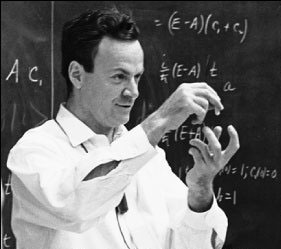The Nobel Prize in Physics 2013
François Englert, Peter Higgs
François Englert, Peter Higgs
The Nobel Prize in Physics 2013
The Nobel Prize in Physics 2013 was awarded jointly to François Englert and Peter W. Higgs "for
the theoretical discovery of a mechanism that contributes to our
understanding of the
origin of mass of subatomic particles, and which recently was confirmed
through the discovery of the predicted fundamental particle, by the
ATLAS and CMS experiments at CERN's Large Hadron Collider"





